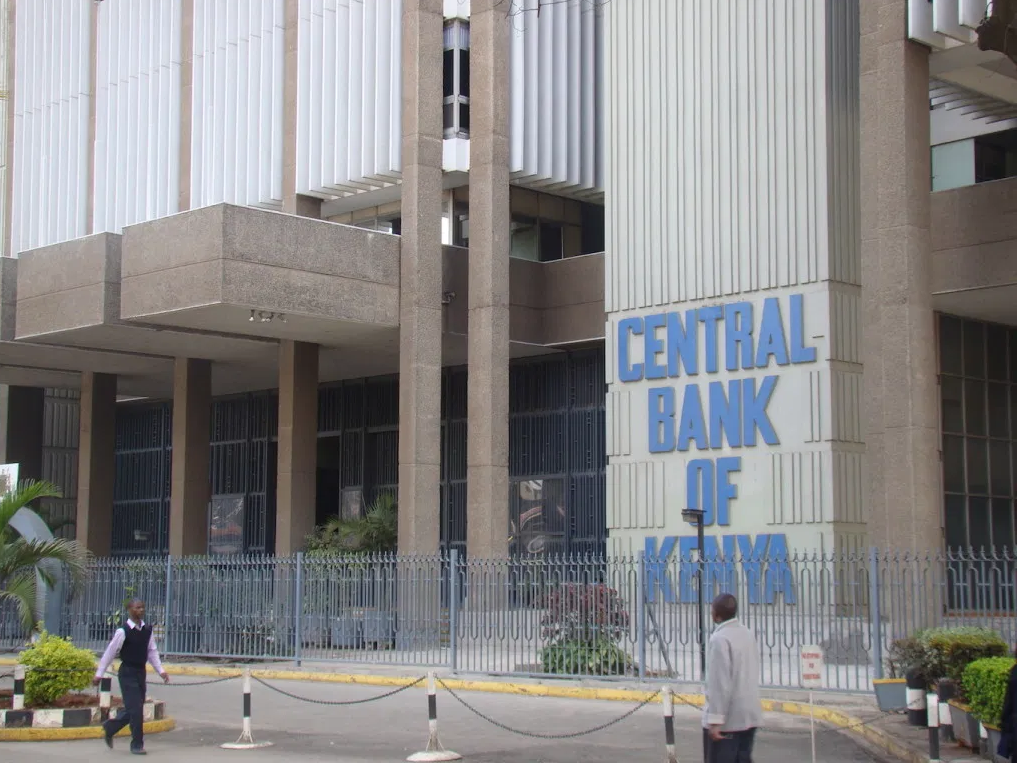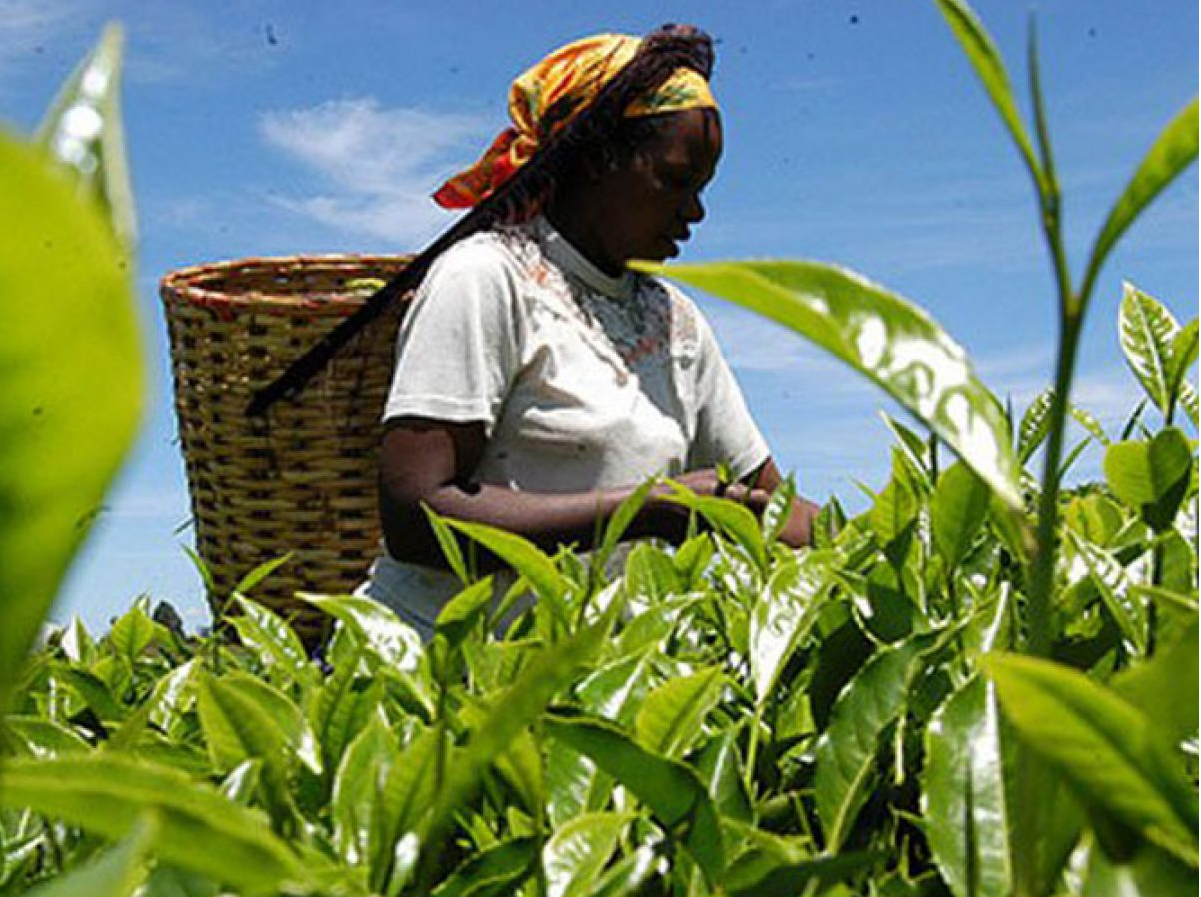The Central Bank of Kenya (CBK) has suspended the listing of negative credit information for borrowers, offering a major reprieve to millions of Kenyans struggling with servicing loans in a slowly recovering economy. More than 14 million accounts had been put on the default list by February this year, according to Metropol credit reference bureau.
Its CEO, Sam Omukoko, said then that out of the 14 million accounts, about three million individuals had been blacklisted by CRBs, but this was taken to be a conservative estimate. The CBK suspension directive, issued today 8th November 2021, applies to loans below Ksh5 million that were performing previously, but have become non-performing from 1st October 2021.
>> More Than 14 Millions In Default And Its Owners Risk CRB Action
This follows the publication of Legal Notice No. 225 of November 5, 2021, by the Cabinet Secretary for the National Treasury and Planning (Cabinet Secretary), on the recommendation of CBK, pursuant to regulation 18 (7) of the Banking (Credit Reference Bureau) Regulations, 2020 (Regulations) – and indication that the default rate may have hit worrying levels.
Consequently, loans below Ksh5 million that fall in arrears from October 1, 2021 to September 30, 2022, will not lead to the “blacklisting” of the borrower on the Credit Reference Bureaus (CRBs).
Further, CRBs will not include in any credit report, any negative credit information for loans of a customer less than Ksh5 million submitted to the CRB from October 1, 2020 to September 30, 2021, for a period of 12 months from October 1, 2021 to September 30, 2022.
This is one of the intervention measures that were announced on October 20, 2021, in light of the exceptional circumstances from the coronavirus (COVID-19) pandemic and in particular aiming to shield Micro, Small and Medium Enterprises (MSMEs) from the adverse impact.
>> KRA Goes After Influencers Flaunting Their Wealth On Instagram And YouTube
>> KCB Group CEO On Banking Habits Of Marginalised Communities
Over the last decade, Kenya has developed a robust Credit Information Sharing (CIS) mechanism for the banking sector. The mechanism has facilitated the development of a credit history for Kenyans to enable them access cheaper credit. This is particularly important for those borrowers who do not have collateral such as title deeds that have traditionally been used to secure credit.
The framework has been strengthened over time, most recently in April 2020, with the issuance of revised regulations. The improvements in the CIS are to be seen against a backdrop of two important anchors to strengthen the behaviour of banks. First, banks are now required to adopt a risk-based pricing approach that considers borrowers’ credit reports in the pricing of loans.
Second, CRBs are required to generate borrowers’ credit score that lenders can use to assess their creditworthiness. It is, therefore, an important tool in ensuring that the banking sector works for and with Kenyans, as was outlined in the Kenya Banking Sector Charter, that was launched in February 2019, by CBK.
An important development was the suspension of the sharing of negative information for a period of six months from April 1 to September 30, 2020, to mitigate the economic impact of the COVID-19 pandemic. Loans that were performing, but became non-performing during that period would not lead to a “blacklisting” of the borrowers.
>> Five Things To Avoid When Starting a Business
“In making its recommendation for the suspension to September 30, 2022, CBK was cognizant of the need to balance between providing relief to MSMEs, while safeguarding the effectiveness and sustainability of the CIS framework,” CBK says in a statement.
The CIS mechanism aims to bridge the information gap about borrowers’ creditworthiness by considering the borrower’s credit history and allowing credit to be priced accordingly. A good credit record demonstrates the borrower’s higher creditworthiness and should lead to a lower cost of credit.
Good & bad borrowers
The suspension could adversely impact the provision of credit by banks to the target group, as they will be unable to distinguish between the good and bad borrowers during the suspension period. This could lead to rationing of credit, as was evident during the period of interest rate caps from 2016-2019. “The suspension is therefore targeted to rope in the MSMEs and for a specified duration that will provide space to turn around their businesses,” CBK says.
Accordingly, CBK recommended a threshold of a loan amount of Ksh5 million and below, that will capture the targeted MSMEs. Further, it says one year suspension is a reasonable period for the MSMEs to restore their businesses.
“CBK urges borrowers to fulfil their contractual obligations on a timely basis and engage their lenders in case of any concerns,” it says. “CBK will continue working with all stakeholders to ensure that the CIS mechanism works for and with Kenyans, and in line with global best practices.”
>> TV Stars Who Have Built Their Own Business Empires


![Ben Githae in a music video for 'Tano Tena'. It was the official campaign song for President Uhuru Kenyatta's re-election bid in 2017. [Photo Courtesy]](https://businesstoday.co.ke/wp-content/uploads/2021/11/B-150x150.jpg)









Leave a comment